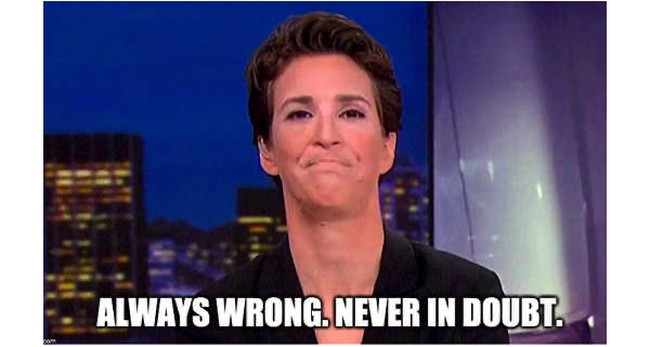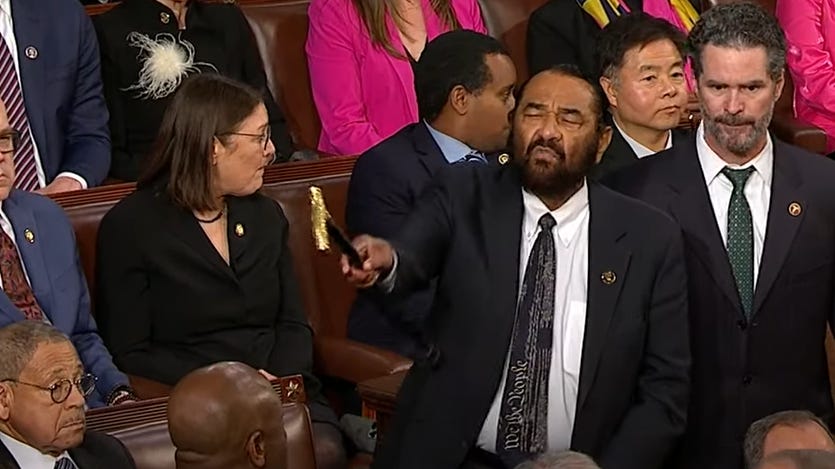ARTICLE AD BOX
PARIS — Outgoing French Prime Minister Gabriel Attal on Saturday seized a lifeboat out of the political storm that has engulfed his government, becoming the leader of the centrist parliamentary group belonging to President Emmanuel Macron’s Renaissance party.
The members of parliament of Renaissance party, who belong to the Ensemble coalition of parties backing the French president, voted for Attal — who ran unopposed — on Saturday morning.
Attal is set to lose his current job after Macron’s party came in second place in snap elections that ended on Sunday. Attal’s new post, however, will allow him to bounce back as a key player for the liberals in parliament.
The prime minister had offered his resignation after Macron’s camp won only 168 seats in the 577-strong assembly in the vote, which the French president hastily called after his party was thumped in the June 9 European election. Macron asked Attal to stay on as a sort of caretaker prime minister for “the stability” of the country, as no single party or alliance secured a majority in parliament.
That time is now coming to an end.
With relations between Attal and the president having soured in recent weeks according to Renaissance party insiders, Attal’s swift election is also a sign that lawmakers allied with Macron who survived the snap election are now looking to free themselves from the president’s heavy-handed leadership style.
French election final results
|
New Popular Front (NFP)
|
188 |
+57
|
26.3 % |
|
Ensemble (ENS)
|
161 |
-76
|
24.7 % |
|
National Rally Alliance (RN)
|
142 |
+53
|
37.1 % |
|
Les Républicains (LR)
|
48 |
-13
|
6.2 % |
|
Other
|
38 |
-21
|
5.6 % |
“From now on, top down [politics] is over, it’s bottom up,” said one official from the Renaissance party in Playbook Paris this week.
Attal, 35, became the only candidate for the job after former Prime Minister Elisabeth Borne, who was reelected to parliament last week, pulled out of the race, a move that Renaissance MP Sylvain Maillard hailed as “a choice of unity.”
The show of solidarity contrasts with difficult talks inside the left-wing alliance the New Popular Front, which got the most seats in the election. The pan-left group is struggling to agree on a name to suggest for prime minister.
Attal’s election is also a sign that Macron’s current government isn’t going to last much longer. On Thursday, lawmakers are voting on several key positions in the National Assembly — including its president — and the liberals need all the votes they can get, including those of outgoing ministers set to go back to parliament. Sitting ministers cannot take part in parliament votes, according to the French constitution.
Macron had, in a letter to the French people on Wednesday, said more time was needed to build coalitions inside parliament. The French president was in no hurry to appoint a parliamentary group leader to keep his hands free ahead of Thursday’s vote on the National Assembly president, which will also present an opportunity to build coalitions, and possibly choose a prime minister.
But Attal is pressing forward at a faster clip.
The prime minister is “accelerating the movement, whereas the president wanted to take his time,” said BFMTV columnist Bruno Jeudy.
“Instead, Attal is charging ahead. He saved the day [during the election]. And he’s also at the political center of the Renaissance party at a time when the group may explode,” Jeudy said.
Our man in parliament, or not
Attal was not the president’s first choice for the top job in Renaissance following the election. Macron would have preferred outgoing Interior Minister Gérald Darmanin who backed his decision to call a snap election, writes Paris Playbook.
Other centrist allies like Attal were against the president’s risky gamble, but the prime minister threw himself into the battle with the gusto of a desperate man.
“I didn’t choose to dissolve parliament — but I refused to remain passive,” Attal said after the results of the election on Sunday.
With centrist lawmakers not faring as badly as expected, Attal has emerged as the champion for Macron’s troops, who, after surviving a test of fire, don’t want to take their orders from the French president anymore.
 Gabriel Attal, who harbors ambitions for the 2027 presidential election, is also more popular than Emmanuel Macron, according to opinion polls. | Ludovic Marin/AFP via Getty Images
Gabriel Attal, who harbors ambitions for the 2027 presidential election, is also more popular than Emmanuel Macron, according to opinion polls. | Ludovic Marin/AFP via Getty ImagesAttal, who harbors ambitions for the 2027 presidential election, is also more popular than Macron, according to opinion polls.
The falling-out between the two men has already affected decision-making inside government.
After the results of the first round of the parliamentary, Attal decided to temporarily suspend a controversial reform of jobs benefits and reopen negotiations, against the president’s wishes.
“When you kick off negotiations, you don’t start by cutting off your finger and offering it on plate, you don’t give in quite so much at the beginning,” said one person familiar with the president’s thinking, who was granted anonymity to speak candidly.
Choppy waters
But while Attal’s move to a top position in parliament gives him a job to look forward to, it’s not exactly a golden retirement.
First, the centrist coalition backing Macron is at risk of blowing up. Darmanin on Friday warned that the Attal’s election would not resolve the “major issues” of “where the party stands” and “how the party works,” in a letter to Renaissance MPs.
Meanwhile, lawmaker Sacha Houlié has announced he would no longer be part of Renaissance, aiming instead to build his own group which could include lawmakers “from the social right to the socialist left.”
Attal will also be at the center of any emerging coalition that includes the centrists, with the risk that he makes a deal with the right, he’ll lose left-leaning MPs. But if he gets involved with the left, he’ll lose his right wing.
Whatever coalition agreements the outgoing prime minister wants to build, he’ll still have to deal with his former mentor Macron, who as president is in charge of appointing the next prime minister.
And once appointed, that person will need all the help he or she can get from parliamentary leaders — not just to pass legislation, but merely to survive in a hung parliament.
.png)
 7 months ago
48
7 months ago
48








 English (US)
English (US)